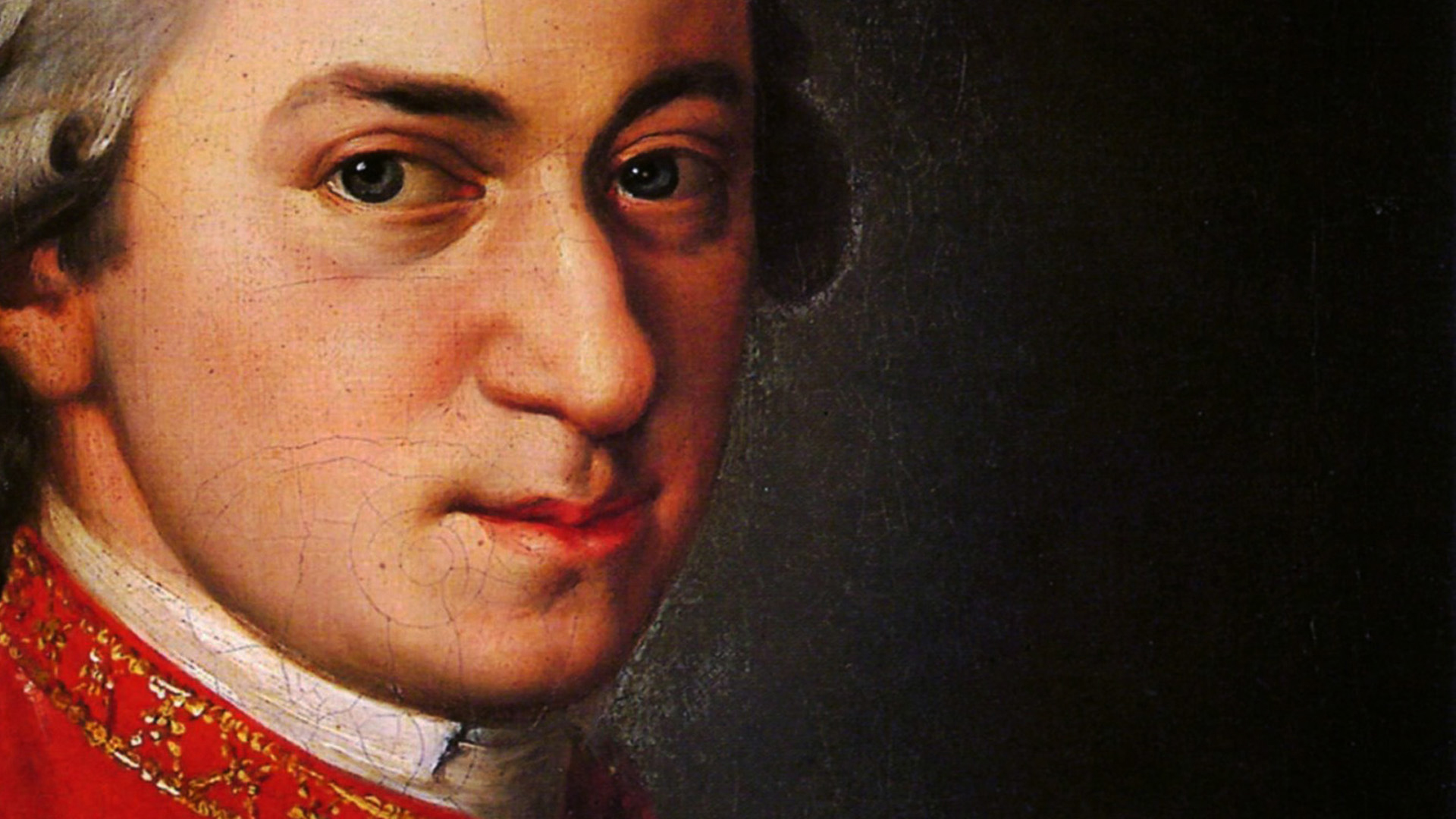What do you consider to be a long-term project? A task that takes a month, a year – perhaps five years? At a time when short-term returns – financial, developmental or otherwise – are prized, it can be difficult for musicians to commit to anything beyond the ‘normal’ confines of artistic schedules. Most management agencies, record labels and concert halls plan years in advance – but not decades. Presumably we’ll all have music directly injected into our brains by then anyway.
The timescale for Ian Page’s Mozart 250 series is highly unusual. Launched in 2015, the 27-year project follows the chronological trajectory of the composer’s life, works and influences, focusing on the music that was created exactly 250 years previously. This year, Page and The Mozartists – an ensemble specialising in the music of this era – explore Mozart’s 1770 trip to Italy in a special weekend festival held at London’s Cadogan Hall (March 6-8).
In 1770, the 14-year-old Mozart was already a prolific composer with a developing interest in opera. Italy was the epicentre of this art form, so Mozart’s father accompanied the teenager to Milan, Bologna, Rome and Naples, where the young composer was taken to hear a wide variety of music, including works by Francesco Gasparini. This year’s instalment of Mozart 250 shows how Gasparini influenced Mozart, particularly in the opera Mitridate, re di Ponto. (Gasparini had used the same story for his version, composed in 1767). There will also be a reconstruction of the audition concert that Mozart gave in Milan, which led to him receiving the commission to write Mitridate, premiered at Teatro Regio Ducale on December 26 that year.
If you haven’t heard of Gasparini, you’re not alone. Many of the Gasparini excerpts performed over the Mozart 250 weekend will be UK premieres, as are pieces by Guglielmi, Piccinni, Celoniati and Mysliveček. Throughout the festival, there will be a range of talks and discussions about Mozart’s experiences during 1770: musicologist Sergio Durante – professor at the University of Padua, a member of the Mozart Academy in Salzburg and a former De Bosis Lecturer at Harvard University – explores the context of Mozart’s first string quartet, written in Lodi in March 1770, while Cliff Eisen – professor at King’s College, London – investigates the church music with which Mozart came into contact in Italy, with musical examples provided by the Chamber Choir of King’s College, conducted by Edward Jones.
Page’s marvellous Mozart 250 is due to conclude in 2042. He’s not the only musician pushing the boundaries of long-term programming. In 2014, flautist Claire Chase began Density 2036. This ambitious 22-year project sees Chase commission and premiere a new programme of flute music each year until the 100th anniversary of Edgard Varèse’s groundbreaking 1936 flute solo, Density 21.5. As if that wasn’t enough, Chase is also planning a 24-hour event for 2036, in which she will perform marathon concerts of all of the repertoire commissioned to date.









